Professor Dave Goulson Shares Initiatives For Bee Conservation Learnt Over The Years
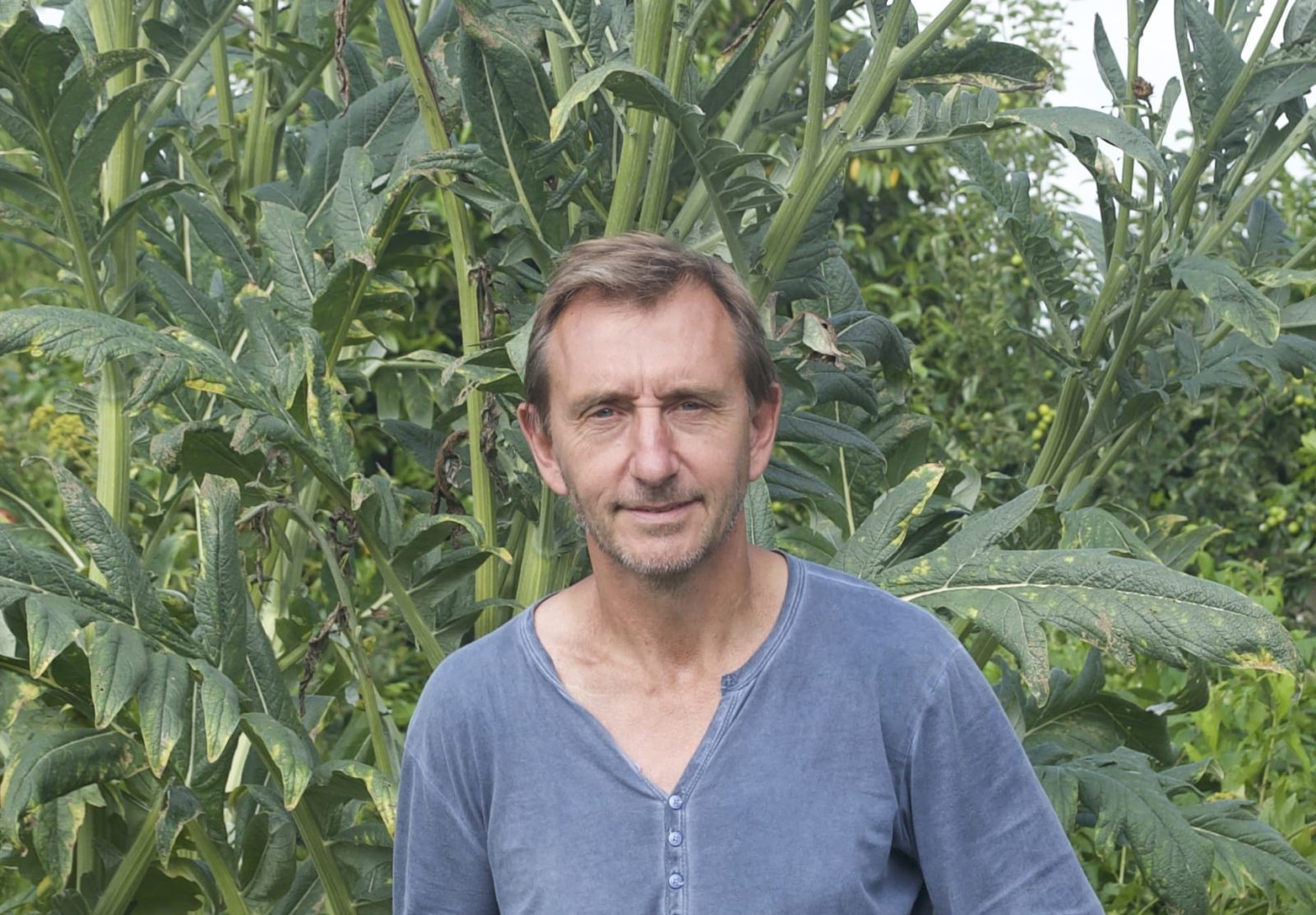
Contributions From DAVE GOULSON
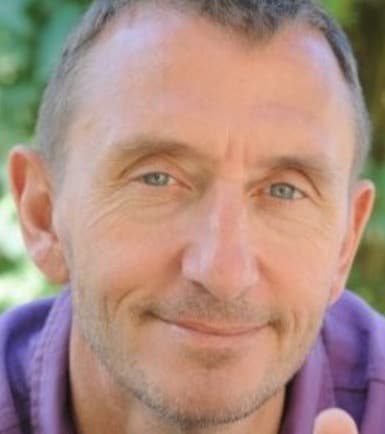
Dave Goulson is the Professor of Biology at the University of Sussex and a specialist in the Ecology & Conservation of bees and other insects. He founded the charity the Bumblebee Conservation Trust in 2016 - which now has over 12,000 members - and he is the Director of The Buzz Club. Dave has published more than 300 scientific articles and several books on ecology and insect conservation, including Gardening For Bumblebees.
Dave Goulson is the Professor of Biology at the University of Sussex and specialises in Ecology and the conservation of bees and other insects.
A keen gardener himself, he is also the founder of the Bumblebee Conservation Trust and is the Director of The Buzz Club – a citizen science club that aims to find ways to support wildlife in gardens.
I spoke to Dave about his interest in ecology and why bees and other pollinators are so important to our environment.
When Did Your Interest In Insects First Begin?
“A long time ago, when I was little,” Dave explains. “I don’t really know why, but I think lots of kids like creepy crawlies and I was one of them.
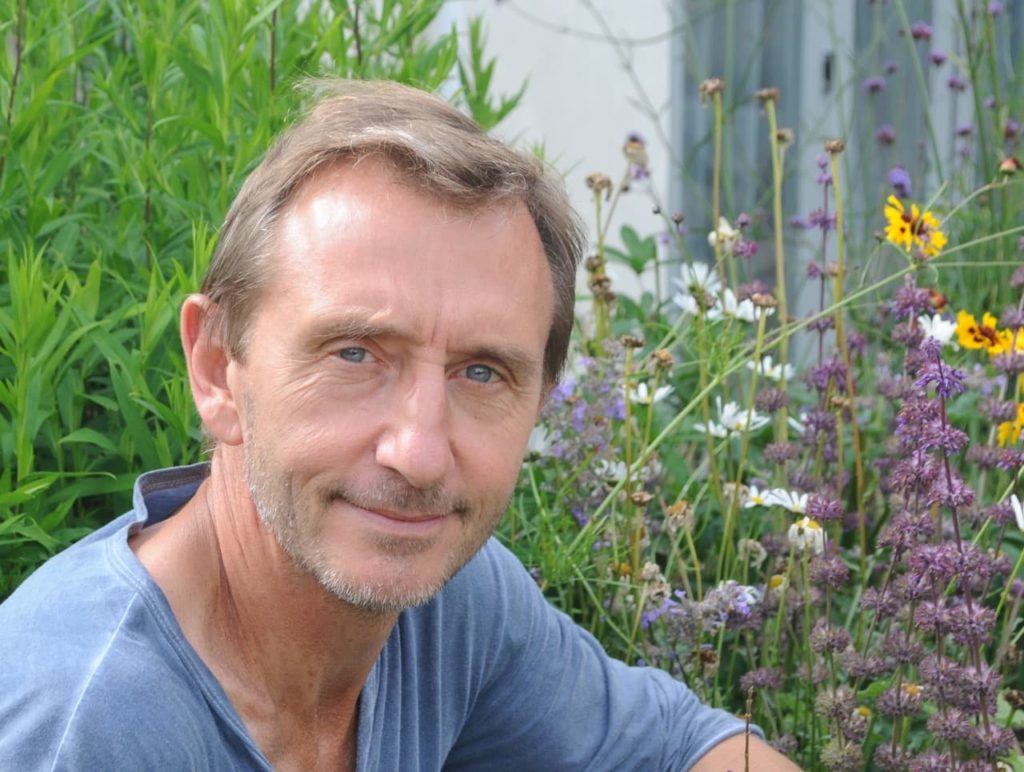
“When I was in primary school, at lunchtime I used to collect caterpillars from some weeds at the edge of the playground and take them home. Eventually, they turned into these really pretty moths – that was really cool.
“I’ve been into insects all my life and have been lucky to be able to make a living out of my childhood hobby.”
What Led You To A Career In Ecology And Conservation?
“I was just always fascinated with insects and couldn’t really imagine doing anything else.
“I don’t know what other career I would have done. Each step seemed like a natural progression from the last.
“I was always going to study Biology at university and the other steps, like my PhD, just followed.”
Can You Tell Me About The Bumblebee Conservation Trust And Why You Decided To Set That Up?
“When I first started working as a researcher in academia, my research wasn’t very applied or practical,” shares Dave. “I was studying the behaviour of insects and trying to understand why they visit the flowers they do.
“Eventually, it became really obvious that the bees were declining in population, so my research evolved and become more practical as I tried to work out how we can help and what could be done to reverse the decline.
“I got quite frustrated because we were publishing lots of research on what gardeners and farmers could do, but academic research is not widely read, apart from by a few other academics. It’s not written for non-specialists at all.
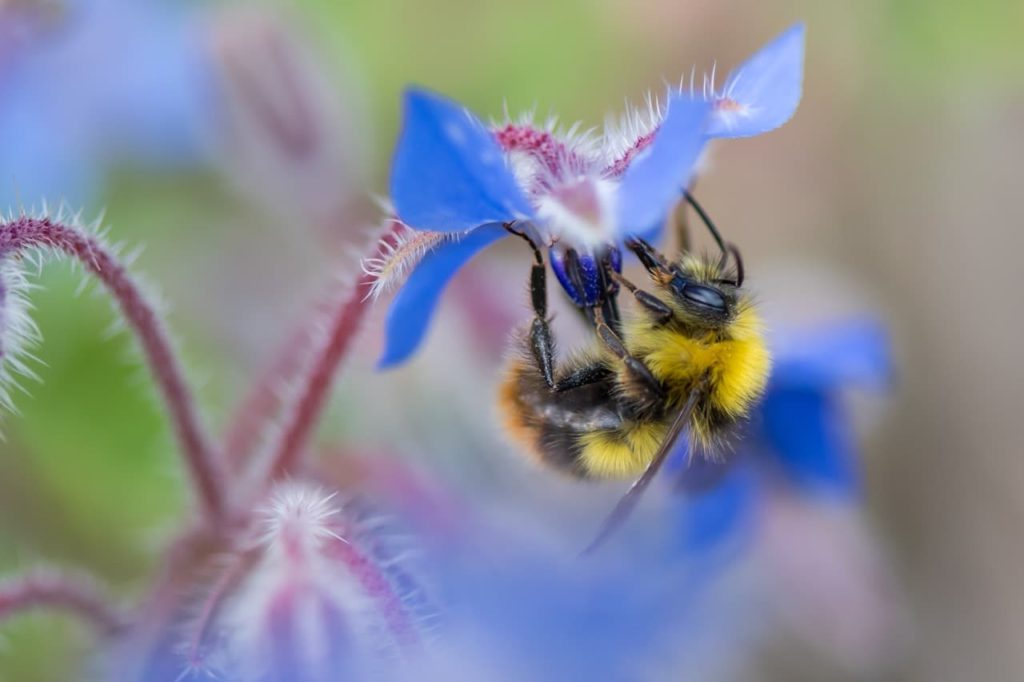
“So, I set up my own charity in 2006 to demonstrate the tangible action that could be taken.
“I ran it for the first 5 years but I don’t have that much involvement anymore. It has got around 50 staff, 12,000 members and is creating habitats for bumblebees all over the UK.
“It’s a really satisfying project, even though it’s still a drop in the ocean in the grand scheme of things.”
How Important Are Bees To Our Gardens & Wider Society In General?
“Hugely,” Dave states. “It’s important to stress that it isn’t just bees, as pollination is done by many different insects. Although bees are perhaps the most important, they are not the only pollinators.
“Between them, these pollinating insects pollinate about 80% of all the plant species on the planet.1Randall, B. (2020). The Value of Birds and Bees. US Department of Agriculture. https://www.farmers.gov/blog/value-birds-and-bees Without pollination, these plants wouldn’t succeed and would disappear.
“Taking away 80% of the world’s plant species would be unimaginable.
“They also pollinate the flowers in our garden, as well as the vegetables and fruit trees that we grow. 75% of the crops that we grow need insect pollinators2Why Bees Matter. (n.d.). Food and Agriculture Organization of the United Nations. Retrieved July 5, 2023, from https://www.fao.org/3/i9527en/i9527en.pdf, so if they were gone, we wouldn’t have enough food to feed the human race.
“The runner bean crops that would fail in your garden would actually devastate crops on a global scale.
“Whichever way you look at it, it would be a catastrophe if we were to lose pollinating insects like bees.”
Do You Garden Yourself?
“Yes, I’m really lucky. I have got 2 acres of land in a little village in East Sussex.
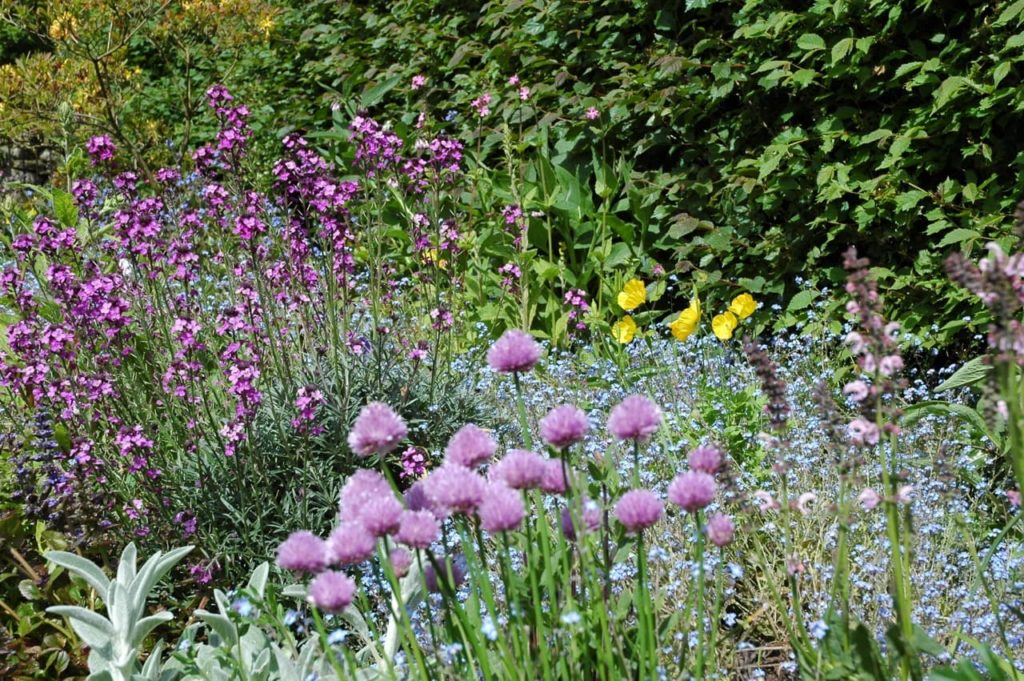
“We’ve got a fruit tree guild, a veggie patch, a chicken pen, ponds, meadows and orchards. It’s truly wonderful.
“It’s all untidy and full of flowers and native wildlife. There are so many butterflies at the moment – it’s really lovely.”
Do You Have Any Upcoming Projects?
“I’m involved in a citizen science project called The Buzz Club, which aims to engage anyone with a garden to help assist with experiments to find out what kind of things we can do in our spaces to increase wildlife,” explains Dave.
“We’ve experimented with earwig houses and hoverfly lagoons, as well as looking at the benefits of specific plants. The idea is that anyone can take part if they’ve got a little bit of space and we send them simple instructions and they tell us whether it works.
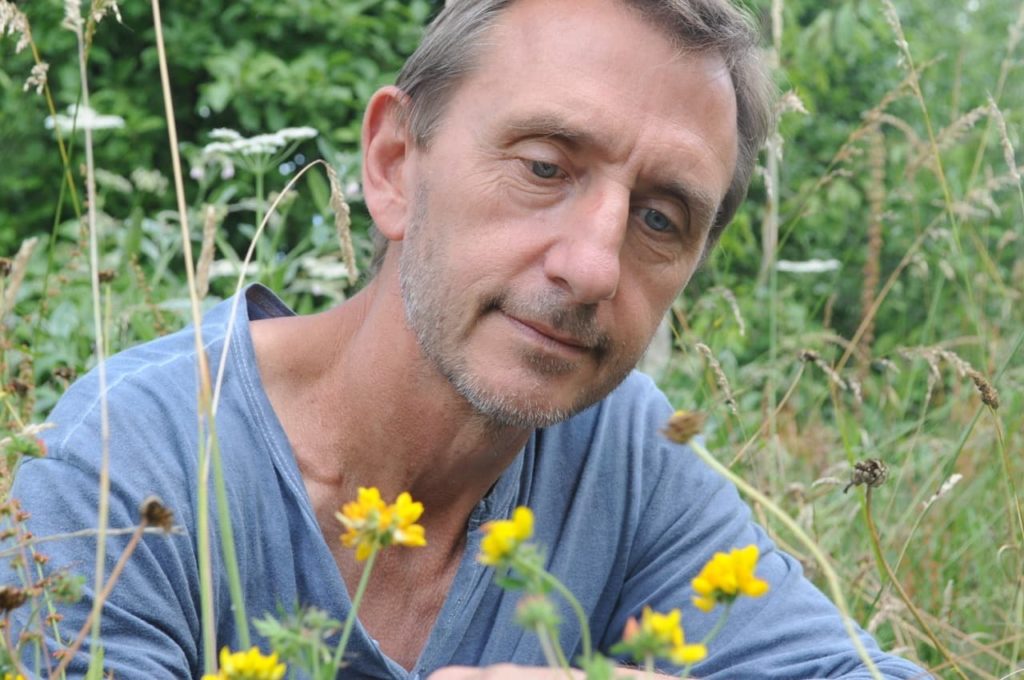
“We’ve got hundreds of people all around the country getting involved – it’s brilliant.
“I’ve also got several PhD students doing research at the moment relating to gardening for wildlife, as well as a new book about sustainable eating on its way, which I’m trying to finish at the moment.
Finally, What Is The Best Tip You Could Give To Someone Who Wants To Help The Bees?
“Create your own little wildflower meadow if you can, even if it’s tiny. A small space can make such a huge difference.”
References
- 1Randall, B. (2020). The Value of Birds and Bees. US Department of Agriculture. https://www.farmers.gov/blog/value-birds-and-bees
- 2Why Bees Matter. (n.d.). Food and Agriculture Organization of the United Nations. Retrieved July 5, 2023, from https://www.fao.org/3/i9527en/i9527en.pdf

